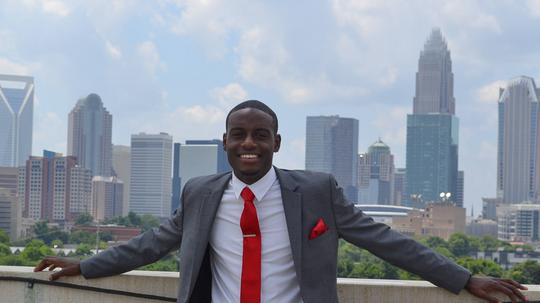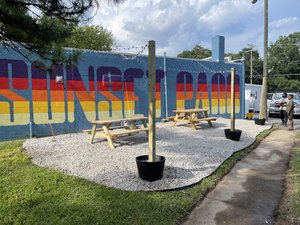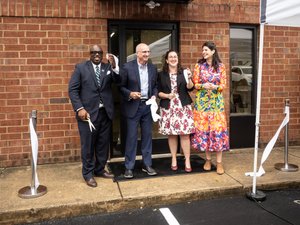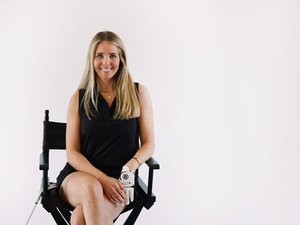
Many members of Charlotte's startup community released statements last week decrying ongoing police brutality and systemic racism in America, following the killing of George Floyd by a Minneapolis police officer. And while the city's black founders and innovators are moved by the support, they say it cannot stop with words.
Abi Olukeye, founder of Smart Girls HQ, said she's glad companies and corporations around the country are finally finding their voices.
"People are taking the time to get some context around the issues, and I think that’s what been missing," she said. "This is forcing people to really think and understand that we’re not done with racism."
Olukeye said while the statements are a start, real change will only happen if those words turn into action.
"I’m really looking forward to the conviction turning into action," she said. "I hope that people don’t just dig into what helps them as individuals to not be racist, but they also look at how structure in society plays a part in it --- police, education, funding for businesses, how business owners access information."
BatteryXchange founder Desmond Wiggan agreed that the real test will come with time.
"It’s been positive, but is it going to continue after a month?" he said. "A year from now will those people still do what is right?"
Changes need to come from deep within, not only at companies and how they operate, but from the people on the inside, Wiggan said. To understand both individual and structured racism, he believes non-black people need to continue educating themselves and each other.
"Those people can continue to be in their circles and change the narrative. I can’t do it; you have to be the one to do it," he said. "You never know what your influence in your community can do. Those are the most important relationships and changes."
What Olukeye said the city really needs, however, is someone in the tech community to step up and take the lead. Aside from social media statements from individuals and some companies, she doesn't feel like the startup ecosystem has been vocal enough.
"I don’t see any conversations happening amongst ourselves, and I feel like I’m pretty plugged in, so unless I missed something it’s not obvious to me," she said. "The ecosystem isn't all that present in other issues anyway, but in this particular case, who leads the ecosystem? You might say Packard Place, historically, or you might say [Inno] as a publication is a common thread."
"Be truthful about what black dollars do for your brand and your business."
Olukeye said her intent is not to point fingers but to get the ecosystem thinking. It doesn't matter who gets the conversation started, just that it happens.
Part of that conversation, she said, should include discussion about the differences black and white entrepreneurs might experience while building their companies.
"I think it would be hopeful to expect an open conversation between black and white founders to talk about how experiences building their companies might be different," she said. "Are we doing what we said we want to do in terms of an ecosystem that is open and inclusive? Everyone should be reflective about the responsibility they have in terms of everything they’re building."
Wiggan said one of the biggest challenges he sees for black founders across the board is not having the same access to capital.
"Investors need to start being more intentional in investing in more diverse companies," he said, "It’s going to be uncomfortable at first, but it’s just a relationship at the end of the day. It’s something that's tangible, and honestly I see our white counterparts getting it, and we’re not."
Freda Hendley, BLKTECHCLT director of publicity and community relations, agrees. She said companies need to begin by being honest with themselves about diversity.
"Be truthful about what black dollars do for your brand and your business," she said. "Once you start placing these people on your boards, give them a real voice. Accept what we are and how we are, because our dollars make your brand. Black spending power is so necessary for a lot of these brands."
Olukeye said she knows conversations around race and inequality are difficult, but they're necessary to move forward.
"It’s not just a conversation about business; it’s a human conversation," she said. "My challenge to everyone, especially business owners, is to make friends outside of your race. Get to know people who don’t look like you. The more human people are, the harder it is for things like this to happen and the less distance we feel from each other."








